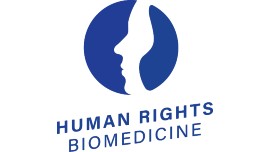Relevant decisions of the European Committee of Social Rights (ECSR)
The European Social Charter is a Council of Europe treaty that guarantees fundamental social and economic rights as a counterpart to the European Convention on Human Rights, which refers to civil and political rights. It guarantees a broad range of everyday human rights related to employment, housing, health, education, social protection and welfare.
The Charter lays specific emphasis on the protection of vulnerable persons such as elderly people, children, people with disabilities and migrants. It requires that enjoyment of the abovementioned rights be guaranteed without discrimination.
The European Committee of Social Rights monitors the respect of the Charter by States through two complementary mechanisms : collective complaints, lodged by the social partners and governmental organisations, and national reports drawn up by the States Parties.
Several decisions of the Committee relate to different aspects of health and biomedicine, such as access to healthcare for vulnerable and marginalised groups - including migrants, minority groups or disabled persons ; access of the elderly to adequate healthcare during the Covid-19 period ; seclusion and restraints in mental healthcare facilities.
These decisions exemplify the connection between the Oviedo Convention and specific rights of the European Social Charter, including the right to the protection of health (Article 11 of the Charter), and the right to social and medical assistance (Article 13).
In the Collective Complaint FIDH v. France (No. 14/2003), the Committee stressed that « Human dignity is the fundamental value and indeed the core of positive European human rights law – whether under the European Social Charter or under the European Convention of Human Rights and health care is a prerequisite for the preservation of human dignity.









